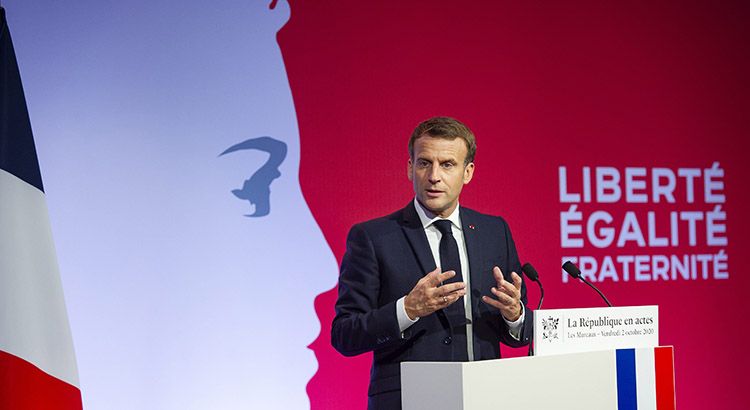Tag: Radicalization
Die Themen Extremismus, Radikalisierung, Terrorismus und Terrorismusbekämpfung sind aus der...
Macron’s plan for fighting Islamist radicalization – and what Germany and other European countries should and shouldn’t learn from it
On October 2nd French president Macron presented a five-point plan to address Islamist...
Counter-narratives – curse or blessing?
Taking stock of the increased spread of extremist narratives – especially in social media – the...
Social Media as a Mirror of External Circumstances: Insights into the Perception of a Radical Group
Radicalisation processes take place in a field of tension between the actor and the outside...
The Great Divide? The Online-Offline Nexus and Insights from Research on the Far-Right in Germany
Research financed in the framework of the BMBF’s public security programme is still predominantly...
Early Warning? Opportunities and Limitations of Automated Internet Monitoring
Policymakers have invested considerable effort and research funding to understand the role of the...
Salafist Groups’ Use of Social Media and its Implications for Prevention
Researchers largely agree that radicalisation processes mostly include both real-world and...
The Amalgamation of Virtuality and Reality in Radicalisation Processes
Virtuality has long since become an integral part of the world we live in today. It is thus not...
The Visual Culture of Far-Right Terrorism
The recent wave of far-right terrorist attacks challenges academic knowledge on extremist...
The Coronavirus as a Means to an End: Extremist Reinterpretations of the Pandemic
Various aspects of society and everyday life have become affected by the clampdown on the...








